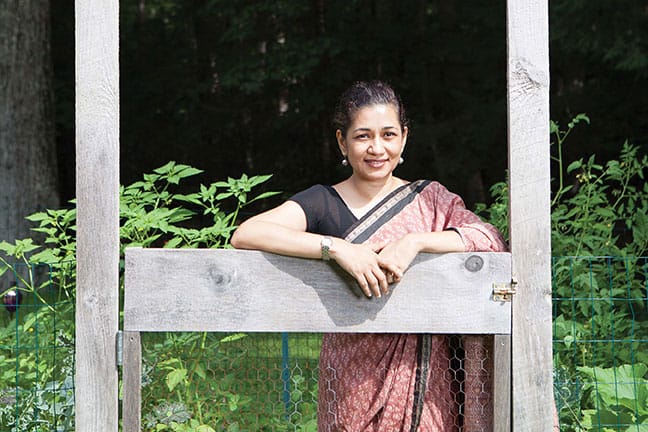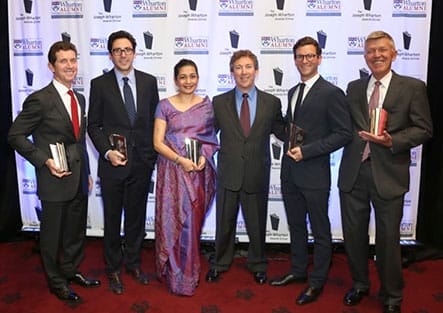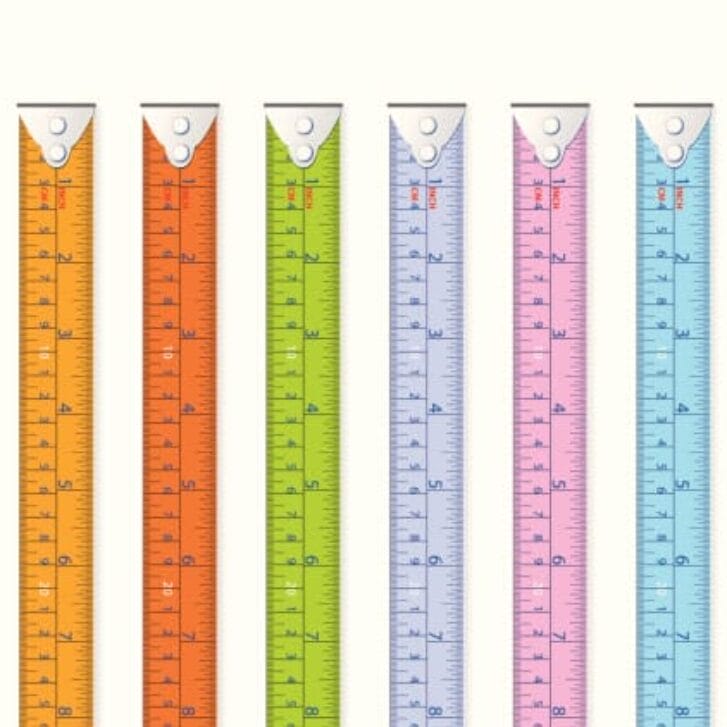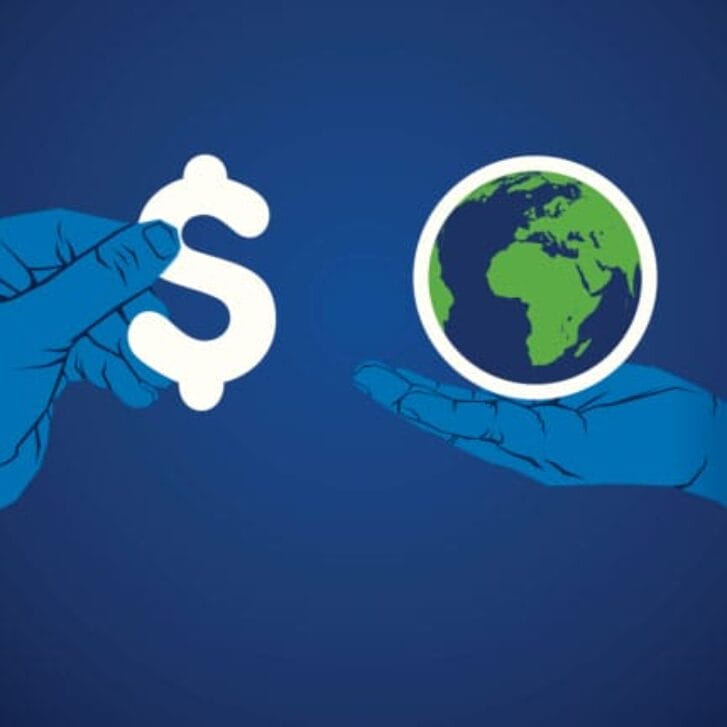The following is an excerpt from the acceptance speech that Durreen Shahnaz, WG’95, gave at the Wharton Club of New York’s annual Joseph Wharton Awards Dinner. Shahnaz was recognized with the Joseph Wharton Award for Social Impact. By publishing the speech here about the social impact award, she hopes to encourage more Wharton grads to focus on making finance do good.

Photo credit: Jane Shauck
I humbly accept this award not only for the work that I am doing but also for the work that many other Wharton alums are also tirelessly doing to make finance into a force for good, including pioneers like Wayne Silby, W’70, who received this honor before me, and others doing equally important work today, such as Lisa Hall, W’87; Nick O’Donohoe, WG’81; Suzanne Biegel, C’84, W’84; and Jean-Philippe de Schrevel, WG’96, to name a few.
I am from Bangladesh. I was the first Bangladeshi woman to work on Wall Street and also the first Bangladeshi woman to attend Wharton. I have spent a lifetime breaking down barriers and constraints and at the same time building bridges between cultures. Looking back, I can see that I have been able to accomplish what I have in part because I could effectively take the best practices of each culture and create an effective third way for myself. The pursuit of an effective third way is what brings me in front of you today.
We live in a prosperous world today. Gross World Product has increased nearly 70 times in the last century alone from $1 trillion in 1900 to over $70 trillion today. With continuing improvements in modern science and medicine, people are healthier and living longer.
Despite this wonderful economic report card, if one scratches the surface, a large gap between the haves and the have-nots is apparent. Globally, over 2 billion people still suffer from multidimensional poverty. Billions of people still go hungry and don’t have access to clean water and electricity. The United States is not immune to this, with increasing inequality and persistent areas of need.
It is a reality that the economic system as it is today is not conducive to equitable, sustainable growth. If we want the world to be a more equitable place, we have to focus not only on implementing the efficiency measures we learned at Wharton but also on changing the paradigm so that the market more effectively delivers prosperity to all. It is not enough to focus on maximizing output; we also need to ensure that the outcomes achieved match with our fundamental goals.
Traditional capital markets are good at maximizing output but lack the “heart” required to achieve our higher aims. At the same time, there are not enough dollars devoted to philanthropy to fully meet that need. To solve the world’s most pressing problems and deliver on the dream of prosperity for all, we need to harness the power and scale of the capital markets together with the social consciousness of the philanthropic sector. Thus, a third way is necessary.
I believe that this third way is the social capital markets, which will enable socially conscious investors to combine the efficiency of the free market with the higher mission of philanthropy and to invest for impact.
This third way requires the creation of a vibrant marketplace, which harnesses the power of the capital markets to bring together investors, entrepreneurs and the entire financial ecosystem who value social and environmental returns, as well as financial returns. This impact investing phenomenon is now a movement.
My contribution to this movement has been the two companies I created: Impact Investment Exchange, in short IIX, and Shujog, which are now leading the impact investing movement in Asia and effectively working towards expanding this movement from niche to mass.
IIX has become a market leader in impact investing in Asia. IIX runs successful accelerators for impact enterprises, operates a private placement platform for direct investment and has recently launched the world’s first social stock exchange. Through its work, IIX channels investment capital from investors like yourselves to impact enterprises that are working in the field to serve millions of disadvantaged people in Asia, giving them access to credit, clean water, electricity, vocational training, and low-cost housing and education. IIX is also structuring innovative financial securities to float on our exchange, such as a Women’s Impact Bond that I announced at the Clinton Global Initiative last week. Women’s Impact Bond will impact the lives of millions at a go and also provide financial returns to investors. We are also now launching a private equity fund that will make growth investments in impact enterprises in South and Southeast Asia, catalyzing greater impact throughout the region.
While IIX is playing a role in raising investment capital for impact enterprises, my other company, Shujog, focuses on quantifying, strengthening and deepening the impact of these organizations to their communities.
The work of the two organizations has already impacted the lives of more than 10 million people while delivering on the promise of financial returns for investors and helping to support sustainable, equitable development in the region.
Fellow alums, I urge you to join me in this journey of the third way, not only as a moral imperative but also to be a part of history in the making. If we believe Wharton is the best business school in the world, then let’s show the world that it is a leader in sustainable business. Use your skills and resources to immortalize Wharton not only on Wall Street, but also on all the Main Streets and dirt paths of this world.
Each one of you have made incredible contributions to society through your professional work and, in many cases, your philanthropic giving. Now is the time to combine these two facets of your life to support investing for impact. There are many ways to do so. As individuals or organizations, you can direct a portion of your investment portfolios into investing in impact enterprises and impact funds and supporting innovative financial mechanisms for impact—all of which will enable you to make an impact through investing in myriad ways.
Ladies and Gentleman, I would like to take this moment to thank my life partner Robert Kraybill who has tirelessly supported me on this journey of doing good for the last 25 years. Thank you, Rob.
I leave you with the words of Martin Luther King, “The time is always right to do what is right”.
Thank you again for your support and belief in my work. Let’s do the right thing and let’s invest in impact. Thank you.


























